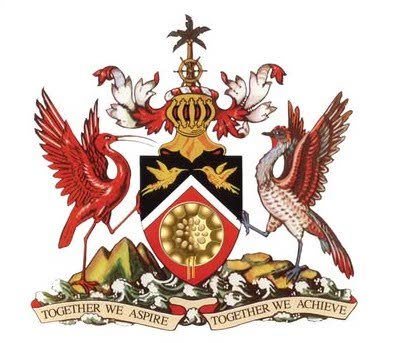TSTT ordered to pay $5m to workers retrenched in 2018
Written by Jada Loutoo on January 19, 2025

The Telecommunications Services of Trinidad and Tobago (TSTT) has been ordered to compensate 500 former workers retrenched in 2018.
The Industrial Court on January 17, ruled in favour of the Communications Workers Union (CWU) over four trade disputes, ordering $5 million in compensation for the affected workers.
The union alleged that TSTT failed to comply with statutory obligations and procedural fairness during a retrenchment process as part of a restructuring plan.
CWU argued that TSTT failed to adhere to established industrial relations principles and the terms of their collective agreement.
In a significant move, the court also ordered exemplary damages which serve to punish and deter other employers from repeating that type of industrial relations behaviour.
TSTT was ordered to compensate the affected employees, with each retrenched worker to receive $10,000 by March 10.
The court’s members – Lawrence Achong, Michelle Austin, Andrew Stroude and Vincent Cabrera – were also critical of TSTT’s retrenchment of then-CWU secretary general Clyde Elder as part of the retrenchment and restructuring exercise. They said his retrenchment violated the collective agreement between the parties.
His dismissal was deemed harsh and oppressive. The court said TSTT failed to act within the tenets of good industrial relations principles.
They ordered TSTT to pay Elder $100,000 by February 28 and pay him the benefits owed to him up to the time of his approved leave of absence.
CWU was represented by attorneys Douglas Mendes, SC, Anthony Bullock and Clay Hackett.
The judgment determined that TSTT breached its obligation to meaningfully consult with the CWU before undertaking retrenchments. The court also ruled that the telecommunications giant violated provisions of its collective agreement with the union by bypassing established procedures meant to protect workers’ rights during periods of restructuring.
The CWU said that after TSTT acquired Massy Communications in 2017, it announced a name change to Amplia Communications, and a series of communications were exchanged between the union and management.
Despite court injunctions and undertakings, the parties did not discuss concerns, and the union complained that TSTT began advertising positions made redundant, among other things.
The union complained they were not allowed to discuss the retrenchment exercise.
In its ruling, the court noted that consultation was not merely a formality but a legal and ethical requirement under industrial relations laws.
The court also held that TSTT failed to adhere to the collective agreement, which outlined the process to be followed in cases of retrenchment.
“Even though the objectives of the employer may be legitimate and necessary, the employer should not shirk its responsibility to be fair and to be guided by the legislation, the articles of the collective agreement and by the principles of good industrial relations practice.”
TSTT’s actions were also deemed unfair and inconsistent with the principles of natural justice.
During the proceedings, TSTT argued that the retrenchments were necessary to address its financial challenges and ensure long-term viability.
The court acknowledged the company’s financial difficulties but held that economic considerations do not excuse non-compliance with labour laws and collective agreements.
“The dismissal of the workers is harsh and oppressive…”
In Elder’s case, the union’s attorneys argued that his retrenchment led to significant losses, including benefits of past service, fringe benefits, and pension entitlements.
They argued that those losses were compounded by his approved leave (for full-time service in the union) status at the time, with retrenchment severing these benefits before the leave period concluded.
In its findings, the court held that Elder’s dismissal as part of the retrenchment process was “harsh and oppressive” and violated the applicable collective agreement.
It was for this reason exemplary damages were ordered.
Sashi Indarsingh represented TSTT.
The post TSTT ordered to pay $5m to workers retrenched in 2018 appeared first on Trinidad and Tobago Newsday.




